#protectourforests
Text
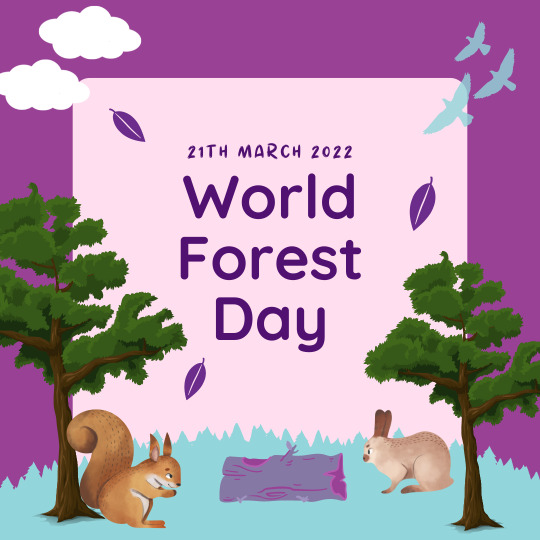
Happy World Forest Day! 🌳🌍 Let's join hands to protect and preserve our precious forests. 🌲 Explore PlayfulSparks and discover how we're committed to environmental conservation through our creative initiatives. 🌿 Visit www.playfulsparks.com/landing-page and be part of the movement to save our forests! #WorldForestDay #ForestConservation #ProtectOurForests #PlayfulSparks #Environment #Conservation 🌳💚
#Playfulsparks #PlayfulsparksProductionBDP #ForHire #LookingFor #Illustrator #Animator #Creative #Kidlit #Childrensbookillustrator #ChildrensBook #Kidsbooks #Author #Disney #Art #AnimationStudio #Mimai #Marketing #Advertising #Viral #Trending
#Playfulsparks#PlayfulsparksProductionBDP#ForHire#LookingFor#Illustrator#Animator#Creative#Kidlit#Childrensbookillustrator#ChildrensBook#Kidsbooks#Author#Disney#Art#AnimationStudio#Mimai#Marketing#Advertising#Viral#Trending#WorldForestDay#ForestConservation#ProtectOurForests#PlayfulSparks#Environment#Conservation
2 notes
·
View notes
Text
Happy International Day of Forest!
It reminds us that we are all connected to forests, even when we may not realize it. Let us save them.

#minikart#ForestDay#InternationalDayofForests#WorldForests#ForestsForLife#Forests#ForestsOurFuture#ClimateChampions#CleanAir#WaterGuardians#HabitatHeroes#ProtectOurForests#SustainableForestry#Reforestation#PlantATree#GetForestry#ForestLove#ForestPhotography#NatureLover#ForestBathing#GetOutside#gift#personalizedgifts#surprisedelivery#flowerbouquets#cakes#giftideas#handmade#gifts#flowers
3 notes
·
View notes
Text
instagram
Dive into the heart of our green planet this World Forestry Day 🌲
Let's celebrate the unsung heroes of our forests – the trees! 🌿 From oxygen to shelter, they provide us with everything we need to thrive.
𝗘𝘅𝗽𝗹𝗼𝗿𝗲 𝗺𝗼𝗿𝗲 𝗮𝗯𝗼𝘂𝘁 𝗳𝗼𝗿𝗲𝘀𝘁𝗿𝘆 𝗰𝗼𝘂𝗿𝘀𝗲-
1 note
·
View note
Text

Happy International Day of Forests! Let's unite to protect and preserve our forests for a sustainable future.🌳
.
.
0 notes
Text

🌲✨ Celebrate the International Day of Forests with us! 🌳✨
Today, we honor the magnificent forests that cover our planet, providing us with oxygen, biodiversity, and countless resources. 🌍 Let's raise awareness about their crucial role in sustaining life and combating climate change.
#IntlForestDay#ForestsMatter#ForestConservation#SaveOurForests#TreesAreLife#GreenEarth#SustainableForestry#Biodiversity#ClimateAction#NaturePreservation#ProtectOurForests#GlobalForests#EcoFriendlyLiving#ForestLove#TreeHugger#CarbonSink#WildlifeHabitat#GreenFuture#HealthyPlanet#ForestDay2024#ForestsForLife
1 note
·
View note
Text
🔥🌲
As we gaze upon the hauntingly beautiful scenes, it’s impossible not to feel a deep sense of foreboding. The dark, ominous clouds hanging low, the eerie shadows stretching across the land, and the solitary figure standing amidst it all – it’s a poignant reminder of the fragility of our natural world.
As we approach the forest fire season, this image serves as a stark warning. The melancholy…

View On WordPress
0 notes
Text
Why We Need to Rethink Our Consumption of Meat and Dairy Products
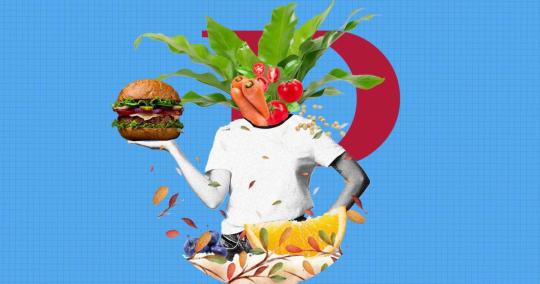
In recent years, there has been a growing awareness and concern about the impact of our dietary choices on the environment and our health. Specifically, the consumption of meat and dairy products has come under scrutiny due to its significant contribution to deforestation, greenhouse gas emissions, and other environmental issues. As a society, we have become accustomed to consuming these products as a staple in our diets, but the consequences of this habit are becoming increasingly evident. It is time for us to rethink our consumption of meat and dairy and consider the implications it has on our planet and ourselves. In this article, we will delve into the reasons why we need to take a closer look at our consumption of these products and explore potential solutions for a more sustainable and healthy future. By examining the facts and statistics, we can gain a better understanding of the impact of our dietary choices and make informed decisions for the betterment of our planet. It is important to approach this topic with an open mind and a willingness to change our habits for the greater good. Let us take a deeper look at why we need to rethink our consumption of meat and dairy products.
Health impacts of excess consumption
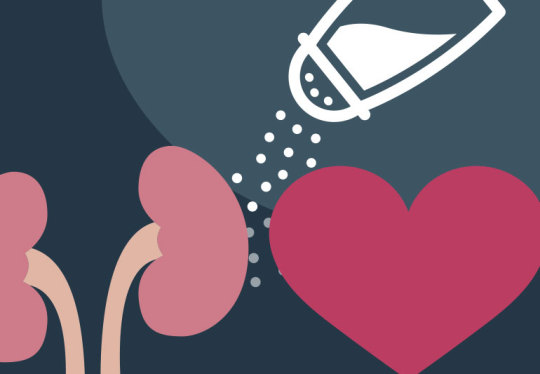
Excessive consumption of meat and dairy products can have significant negative impacts on our health. High intake of saturated fats found in these products has been linked to an increased risk of cardiovascular diseases, such as heart disease and stroke. Additionally, consuming excessive amounts of red and processed meats has been associated with an elevated risk of certain types of cancers, particularly colorectal cancer. These foods are often high in cholesterol and can contribute to the development of obesity and other metabolic disorders. Moreover, meat and dairy products are often treated with antibiotics and hormones, which can have detrimental effects on our gut microbiome and overall immune system function. It is essential to recognize the potential health consequences of excessive consumption and make informed choices about our dietary habits.
Environmental consequences of production
The production of meat and dairy products also carries significant environmental consequences. One of the most notable impacts is the contribution to greenhouse gas emissions. Livestock farming is a major source of methane, a potent greenhouse gas that has a much greater warming effect than carbon dioxide. Additionally, the land and water resources required for livestock production are substantial. Deforestation often occurs to make way for pastureland or to grow feed crops, leading to habitat loss and biodiversity decline. Furthermore, the intensive use of water in livestock farming contributes to water scarcity in regions where water resources are already strained. The excessive use of fertilizers and pesticides in feed crop production also leads to water pollution and soil degradation. These environmental consequences highlight the urgent need to reassess our consumption of meat and dairy products and explore more sustainable and environmentally-friendly dietary choices.
Sustainable alternatives for protein sources
To address the environmental concerns associated with meat and dairy consumption, it is crucial to explore sustainable alternatives for protein sources. Plant-based proteins, such as legumes, tofu, tempeh, and quinoa, offer viable options for individuals seeking to reduce their reliance on animal products. These alternatives not only provide essential nutrients but also have a lower environmental footprint. Additionally, advancements in technology have paved the way for the development of innovative plant-based meat substitutes that closely mimic the texture and taste of traditional animal-based products. Incorporating these sustainable protein sources into our diets can not only contribute to reducing greenhouse gas emissions and deforestation but also promote healthier lifestyles. By embracing these alternatives, we can make significant strides towards a more sustainable and ethical food system.
Animal welfare and ethical concerns
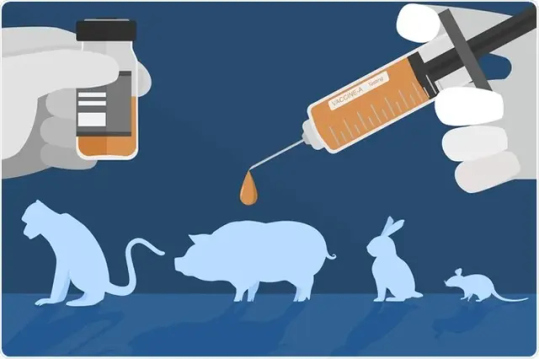
It's important to consider the ethical implications of our consumption of meat and dairy products. The treatment of animals in industrial farming systems has raised significant concerns among animal welfare advocates. Animals raised for food often endure cramped and unsanitary conditions, restricted movement, and inhumane practices such as debeaking or tail docking, all for the sake of maximizing production efficiency. These practices disregard the natural behaviors and well-being of the animals, leading to unnecessary suffering. By rethinking our consumption of meat and dairy products, we can prioritize the welfare of animals and support more humane and ethical farming practices that emphasize the importance of animal well-being.
The hidden costs of subsidies
The allocation of subsidies towards the meat and dairy industries may have hidden costs that warrant closer examination. While these subsidies are intended to support farmers and ensure affordable food production, they often come at the expense of environmental and public health considerations. The intensive farming practices associated with these industries contribute to deforestation, water pollution, and greenhouse gas emissions, exacerbating the challenges of climate change. Additionally, the consumption of meat and dairy products has been linked to various health issues, including heart disease and certain types of cancer. By critically evaluating the true costs of subsidies, we can explore alternative agricultural models that prioritize sustainable and healthier food production systems that align with our long-term societal and environmental goals.
Economic benefits of plant-based diets
Adopting plant-based diets can yield significant economic benefits for individuals and society as a whole. Firstly, plant-based diets tend to be more cost-effective, as plant-based foods such as grains, legumes, and vegetables are often more affordable than animal-based products. This can contribute to reducing household expenses, making healthy and nutritious meals more accessible for a wider population. Moreover, the production of plant-based foods requires fewer resources, such as land, water, and energy, compared to the intensive farming practices associated with meat and dairy production. By shifting towards plant-based diets, we can alleviate the strain on these limited resources and reduce the environmental footprint of our food systems. Additionally, the potential reduction in healthcare costs associated with plant-based diets can bring economic benefits at a societal level, as studies have shown that plant-based diets can lower the risk of chronic diseases and decrease healthcare expenses. Overall, embracing plant-based diets can not only promote individual health and environmental sustainability but also generate economic advantages for both individuals and society.
Addressing misconceptions and myths
It is important to address and dispel misconceptions and myths surrounding the consumption of meat and dairy products to foster a better understanding of the potential impacts on our health and the environment. One common misconception is that animal products are necessary for obtaining essential nutrients such as protein, calcium, and iron. However, plant-based diets can provide all the necessary nutrients when carefully planned, and there are numerous plant-based sources that are rich in these nutrients. Another myth is that consuming meat and dairy is necessary for strong bones and overall health. However, studies have shown that excessive consumption of animal products can actually increase the risk of certain health conditions, including heart disease and certain types of cancer. By debunking these myths and providing accurate information, we can encourage individuals to make informed choices about their food consumption and consider the benefits of transitioning to more plant-based diets.
Taking small steps towards change
In order to address the need for rethinking our consumption of meat and dairy products, it is essential to consider the power of taking small steps towards change. Making significant dietary changes can often feel overwhelming and unsustainable. However, by starting with small, manageable adjustments, individuals can gradually transition to a more sustainable and plant-based diet. This approach allows for a gentle shift in habits, making it easier to maintain long-term. For example, individuals can begin by incorporating more plant-based meals into their weekly routine or by choosing meat and dairy alternatives when available. By gradually reducing our reliance on animal products, we can make a positive impact on our health and the environment while still enjoying a varied and nutritious diet.
In conclusion, it is evident that our consumption of meat and dairy products has a significant impact on the environment, our health, and animal welfare. As individuals, we have the power to make a difference by rethinking our eating habits and making more sustainable choices. By reducing our consumption of meat and dairy, we can help alleviate the strain on the planet and promote a more ethical and healthier lifestyle. It is time for us to reconsider the true cost of our food choices and make a positive change for the benefit of ourselves and the planet.
FAQ
What are the environmental impacts of meat and dairy production, and why do we need to reconsider our consumption habits in light of these impacts?
The environmental impacts of meat and dairy production are vast. They contribute to deforestation, greenhouse gas emissions, water pollution, and habitat destruction. Livestock farming requires large amounts of land, water, and feed. It also produces substantial amounts of methane, a potent greenhouse gas. Moreover, the intensive use of fertilizers and pesticides in feed crops contributes to water pollution and soil degradation. Reconsidering our consumption habits is crucial because reducing meat and dairy consumption can significantly mitigate these impacts. Transitioning to plant-based diets or opting for sustainable farming methods can help conserve natural resources, reduce greenhouse gas emissions, and protect ecosystems, thereby promoting a more sustainable and environmentally-friendly food system.
How does the consumption of meat and dairy products contribute to deforestation, and what are the consequences of deforestation for biodiversity and climate change?
The consumption of meat and dairy products contributes to deforestation in several ways. Firstly, vast areas of forests are cleared to make way for livestock grazing or to grow feed crops for animals. Additionally, trees are often harvested for timber or to create space for agricultural expansion. These practices lead to habitat destruction and loss of biodiversity, as many species rely on forests for their survival. Deforestation also contributes to climate change, as trees store carbon dioxide and their removal releases it into the atmosphere. Moreover, the loss of forests reduces the Earth's capacity to absorb greenhouse gases, exacerbating global warming.
What are the health implications of consuming excessive amounts of meat and dairy products, and why should we rethink our dietary choices for the sake of our own well-being?
Consuming excessive amounts of meat and dairy products can have various negative health implications. High intake of red and processed meats is associated with an increased risk of cardiovascular diseases, certain types of cancer, and obesity. Dairy products, especially high-fat options, can contribute to high cholesterol levels and increase the risk of heart disease. Additionally, excessive consumption of meat and dairy often leads to a diet lacking in essential nutrients found in plant-based foods, such as fiber, vitamins, and antioxidants. Rethinking our dietary choices by incorporating more plant-based foods can promote better health, reduce the risk of chronic diseases, and improve overall well-being.
How does the industrial production of meat and dairy products contribute to greenhouse gas emissions, and why is reducing these emissions crucial in the fight against climate change?
The industrial production of meat and dairy products contributes to greenhouse gas emissions through various ways. Firstly, the livestock sector produces significant amounts of methane, a potent greenhouse gas. Secondly, deforestation for animal feed crops and pastureland also releases large amounts of carbon dioxide. Additionally, the intensive use of fossil fuels in the production, processing, and transportation of meat and dairy products further contributes to emissions. Reducing these emissions is crucial in the fight against climate change because greenhouse gases trap heat in the Earth's atmosphere, leading to global warming. By mitigating emissions from the meat and dairy industry, we can help reduce the overall greenhouse gas burden and slow down climate change.
What are some sustainable alternatives to meat and dairy products, and how can their consumption help alleviate the negative impacts associated with traditional animal agriculture?
Some sustainable alternatives to meat and dairy products include plant-based proteins such as tofu, tempeh, and legumes, as well as non-dairy alternatives like almond milk and coconut milk. Consuming these alternatives can help alleviate the negative impacts of traditional animal agriculture in several ways. Firstly, plant-based proteins require fewer resources and produce fewer greenhouse gas emissions compared to animal-based proteins. Secondly, transitioning to these alternatives can reduce deforestation and habitat destruction caused by livestock farming. Lastly, consuming these alternatives can improve public health by reducing the intake of cholesterol and saturated fats associated with meat and dairy consumption.
#factory farming#animals#animal welfare#animal rights#ProtectOurForests#CrueltyFreeFood#SaveThePlanetEatPlants#HealthyVeganLiving#AnimalWelfareMatters#go vegan#veganlife#veganfood#animal cruelty
0 notes
Text

Their sacrifice keeps our forests breathing. Honor and respect to all the brave hearts on National Forest Martyrs' Day 🌲💔
#Monteage#nationalforestmartyrsday#forestmartyrsday#tributeforest#protectourforests#heroesoftheforest#NationalForestDay
0 notes
Photo
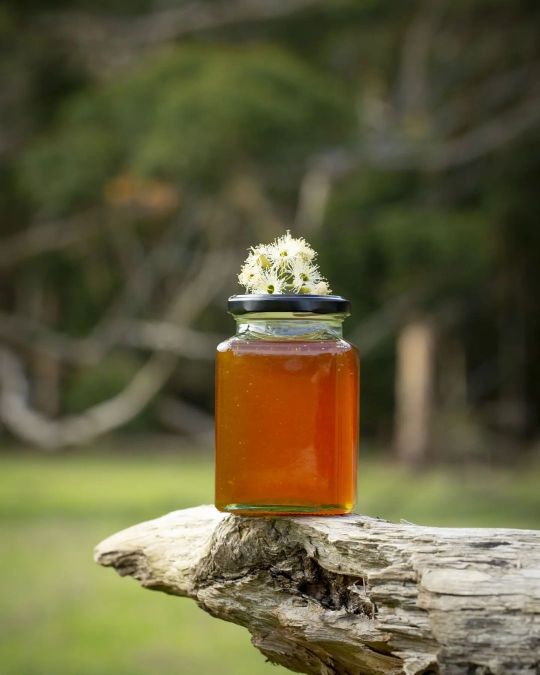
Karri flowers are blossoming around our beautiful town of Pemberton and our own farm. . There don't seem to be enough in large enough patches with enough nectar in them for honey production this year. . Logging employees have started marking out trees and surveying the areas they plan to log surrounding our farm. . We thought we had won that battle but not yet. 🌳 . Our karri honey is a smooth and sweet honey that everyone enjoys. Remember free delivery over 100$ or free pickup in Shenton Park! . . . #pembertonhoneyco #pembertonwa #karribuds #karriforest #karrihoney #protectourforests #freedeliveryover100 #supportsmallbusiness #supportlocal #australiantrees #australianfarm #Australianhoney #honey #Australianbees #wafa (at Pemberton Honey) https://www.instagram.com/p/ClVF8d2vM3i/?igshid=NGJjMDIxMWI=
#pembertonhoneyco#pembertonwa#karribuds#karriforest#karrihoney#protectourforests#freedeliveryover100#supportsmallbusiness#supportlocal#australiantrees#australianfarm#australianhoney#honey#australianbees#wafa
0 notes
Photo
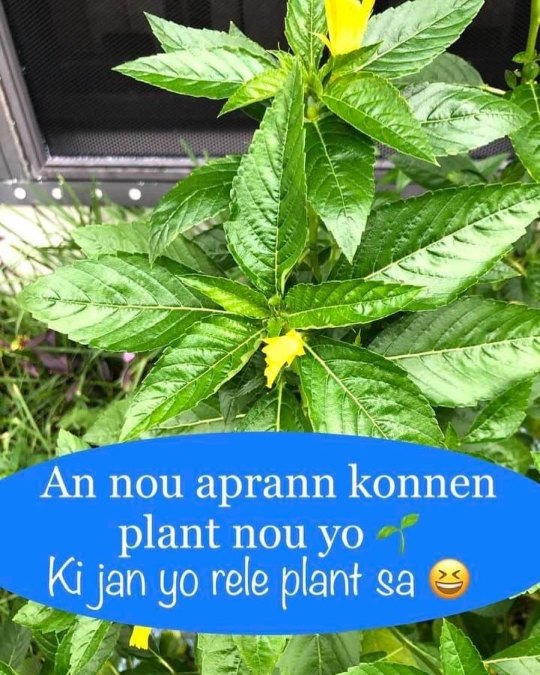
#fridaysforfuture #oldgrowth #ancientforest #protectourforests #saveoldgrowth #savelavisitenationalpark #forests #betterwithforests #worthmorestanding #biodiversity #waterprotectors #haiti #leadership #milliontreeshaiti #nyfoh #1mplv #lavisitenationalpark #haitienvironment #haitienvironnement #environment #environnement https://www.instagram.com/p/CjJloYJrxqw/?igshid=NGJjMDIxMWI=
#fridaysforfuture#oldgrowth#ancientforest#protectourforests#saveoldgrowth#savelavisitenationalpark#forests#betterwithforests#worthmorestanding#biodiversity#waterprotectors#haiti#leadership#milliontreeshaiti#nyfoh#1mplv#lavisitenationalpark#haitienvironment#haitienvironnement#environment#environnement
0 notes
Text
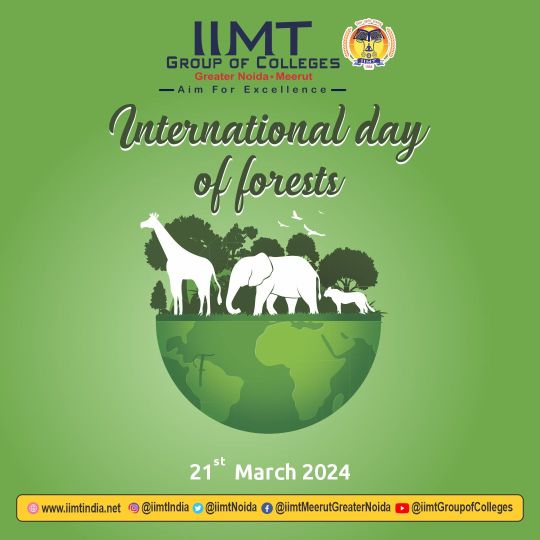
21st march 2024!
Happy International Day of Forests! 🌿
.
https://www.iimtindia.net/
Call Us: 9520886860
.
#IIMTIndia #IIMTian
#IIMTNoida #IIMTGreaterNoida #IIMTDelhiNCR #IIMTCollege
#IntlForestDay #ProtectOurForests #NatureConservation #SustainableFuture 🌿🌲
0 notes
Text
#save the old growth forests#unless#lorax#Unless someone like you cares a whole awful lot#nothing is going to get better. It's not.
1 note
·
View note
Photo
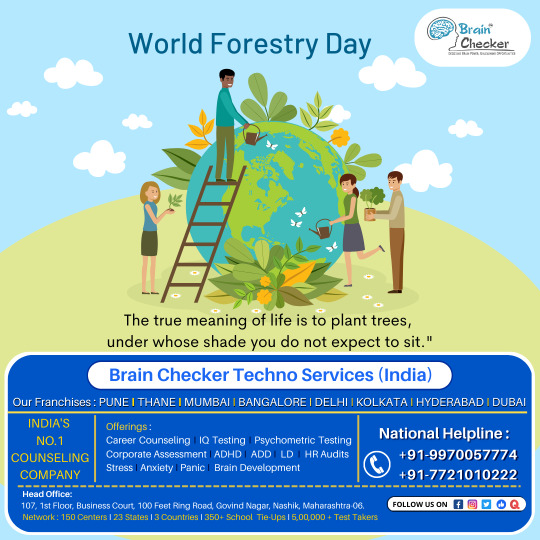
World Forestry Day #WorldForestryDay #ProtectOurForests #SaveOurPlanet"#2023 #
0 notes
Text
On World Forest Day, let's remember The vital role these ecosystems render They clean our air and store carbon too A healthy forest benefits me and you
From towering trees to diverse wildlife Forests provide a home that's full of life So let's protect them, every tree and root And ensure their future is resolute
Plant a tree or support a cause Together we can make a change that lasts Let's preserve these green treasures, all around And keep our planet healthy and sound! #WorldForestDay #ProtectOurForests #GreenPlanet

0 notes
Photo

Rincones del Pirineo 🌲 . . . . . . #pirineos #pyrenees #mountains #landscapephotography #protectourplanet #protectourforests #deepinthewoods #nature #naturephotography #freedom (en Parque natural Posets-Maladeta) https://www.instagram.com/p/B-aSSd-Bl5K/?igshid=gq11haybi483
#pirineos#pyrenees#mountains#landscapephotography#protectourplanet#protectourforests#deepinthewoods#nature#naturephotography#freedom
2 notes
·
View notes
Photo

Even in the freezing cold, a beautiful sunset hitting the side of a mountain fills me with warmth that lasts a lifetime. . . . . #protectourparks #protectourforests #ashleynationalforest #forest #utah #sunset #travel #newplaces #beautiful #nature #photography (at Ashley National Forest) https://www.instagram.com/p/BtR2WqznizI/?utm_source=ig_tumblr_share&igshid=o9hbtiyjk5k
#protectourparks#protectourforests#ashleynationalforest#forest#utah#sunset#travel#newplaces#beautiful#nature#photography
4 notes
·
View notes